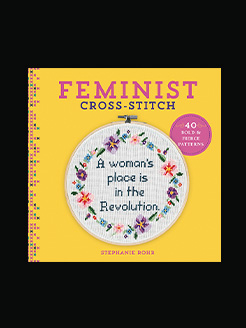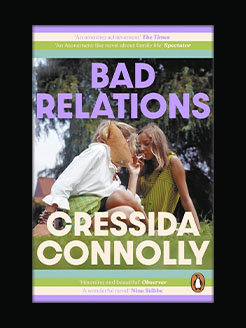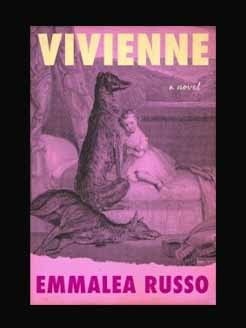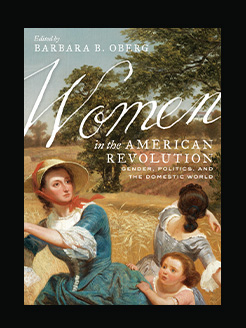Published in 2018
304 pages
Patricia Fara is a historian of science at the University of Cambridge. She is a graduate of the University of Oxford and did her PhD at the University of London. She is a former Fellow of Darwin College and is currently a Fellow of Clare College where she is Senior Tutor and Tutor for graduate students. Fara is also a research associate and lecturer in the Department of History and Philosophy of Science. Fara is author of numerous popular books on the history of science and has been a guest on BBC Radio 4’s science and history discussion series, In Our Time. She began her academic career as a physicist but returned to graduate studies as a mature student to specialise in History and Philosophy of Science, completing her PhD thesis at Imperial College, London in 1993.
Her areas of particular academic interest include the role of portraiture and art in the history of science, science in the 18th century England during the Enlightenment and the role of women in science. She has written and co-authored a number of books for children on science. Fara is also a reviewer of books on history of science.
What is this book about?
Patricia Fara unearths the forgotten suffragists of World War I who bravely changed women’s roles in the war and paved the way for today’s female scientists.
Many extraordinary female scientists, doctors, and engineers tasted independence and responsibility for the first time during the First World War. How did this happen? Patricia Fara reveals how suffragists including Virginia Woolf’s sister, Ray Strachey, had already aligned themselves with scientific and technological progress, and that during the dark years of war they mobilized women to enter conventionally male domains such as science and medicine. Fara tells the stories of women including mental health pioneer Isabel Emslie, chemist Martha Whiteley, a co-inventor of tear gas, and botanist Helen Gwynne Vaughan. Women were carrying out vital research in many aspects of science, but could it last?
Though suffragist Millicent Fawcett declared triumphantly that “the war revolutionized the industrial position of women. It found them serfs, and left them free,” the truth was very different. Although women had helped the country to victory and won the vote for those over thirty, they had lost the battle for equality. Men returning from the Front reclaimed their jobs, and conventional hierarchies were re-established.
Fara examines how the bravery of these pioneers, temporarily allowed into a closed world before the door slammed shut again, paved the way for today’s women scientists.







